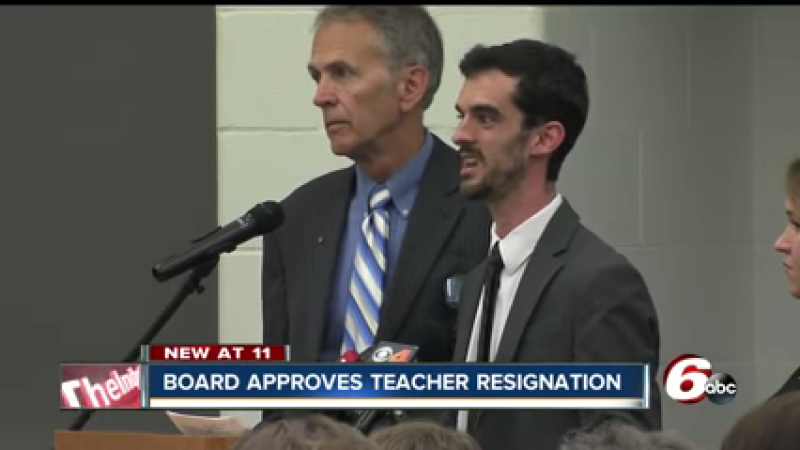A little or a lot? Conflicting targets for cuts leave budget in limbo
The House of Representatives this week narrowly approved a budget resolution after the Senate did so previously.
While President Donald Trump has suggested he may sign a balanced budget plan during his term, competing estimates and promises on cuts from interested parties appear to signal the government could either come close to achieving its goal or largely fail to make meaningful cuts, with little room for a moderate option.
The House of Representatives this week narrowly approved a budget resolution after the Senate did so previously. Both chambers committed to the basic framework of “one big, beautiful bill” favored by Trump to address both his tax cuts and his border proposals in the same legislation. The reconciliation process, however, will see competing parties quibble over the depth of cuts and what to target.
The Congressional Budget Office projected that the federal government would run a $1.9 trillion budget deficit in Fiscal Year 2025 and the Elon Musk-led Department of Government Efficiency (DOGE) had previously vowed to cut $2 trillion in spending to balance the budget. But Musk’s projections have dwindled of late and budget hawks in the House aim to hold Speaker Mike Johnson to his promises of major cuts, setting up a potential leadership change should he fail.
DOGE cuts not adding up
"I'm excited to announce that we anticipate savings in FY26 from reduction of waste & fraud by $150 billion. Some of it is just absurd like people getting unemployment insurance who haven't been born yet,” Musk stated at a Cabinet meeting this week. The DOGE.gov website currently reflects Musk’s projection, though it remains unclear whether DOGE has identified other possible cuts or savings outside “waste and fraud.”
The $150 billion sum represents a significant reduction from the $2 trillion in cuts that Musk promised when meeting with Congress in December. As recently as late March, moreover, Musk had expressed confidence that DOGE would secure $1 trillion in cuts by the end of May, when his status as a special government employee expired.
"I think we will have accomplished most of the work required to reduce the deficit by $1 trillion within that timeframe," he said at the time. "What seems like incredibly fast action by government standards is — it's slower than I'd like, to be totally frank."
To be sure, the $150 billion sum in estimated cuts is far from negligible, but still only amounts to 7.5% of the current federal deficit.
Johnson’s concessions to budget hawks
Though House Speaker Mike Johnson’s narrow majority has been bolstered by special elections to replace former Florida GOP Reps. Matt Gaetz and Mike Waltz, he still holds a mere 220-seat majority and can ill-afford internal dissent from budget hawks, who have repeatedly pressed him to commit to substantial spending cuts.
Speaking Thursday on the budget resolution, Johnson vowed "at least $1.5 trillion in savings for the American people while also preserving our essential programs.” That $1.5 trillion in savings is over a 10-year period. Reaching that sum could prove a Herculean task amid the reconciliation process with the Senate, but Johnson has staked his career on delivering the results.
In an effort to placate budget hawks, Johnson reportedly told them that they could remove him from his post if he failed to deliver on the sum, Politico reported, citing three unnamed sources “with direct knowledge of the matter.”
The Senate is sure to prove Johnson’s most intransigent opponent on the matter of spending cuts, however, as the upper chamber’s resolution set the minimum for cuts far lower while also planning for substantial tax cuts.
Upper chamber lawmakers passed their version of the budget resolution over the weekend, which included a minimum of a mere $4 billion in cuts. Both versions of the plan, however, account for at least $5 trillion in cuts from extending or making permanent the 2017 Tax Cuts and Jobs Act.
Multiple watchdog groups, including the Committee for a Responsible Federal Budget, have concluded that economic growth will not outweigh the cost of the Senate version.
Internal opposition from budget hawks
Both chambers have stalwart budget hawks among the members of the GOP, with Kentucky Rep. Thomas Massie and Sen. Rand Paul among the most vocal. Sen. Susan Collins, Maine, and Rep. Victoria Spartz, Ind., also broke ranks when voting for their chambers’ respective budget plans.
“If we cut taxes without cutting spending, adding another $30 trillion in debt over ten years, we’re stealing from our kids and grandkids,” Massie said on Friday. “That’s greed, plain and simple. What kind of parents rob their children?”
“I appreciate efforts of my colleagues, but the instructions we voted on today are still setting us up for the largest deficit increase in the history of our Republic, & opening up a ‘pandora’s box’ by changing accounting rules to hide it. In good conscience, I couldn’t vote YES,” Spartz said.
Johnson can afford the defections of these two budget stalwarts, as Senate Majority Leader John Thune can also account for Collins and Paul, but significant alterations to either model will require an additional vote.














